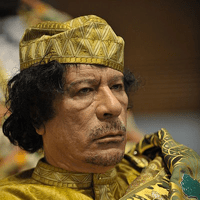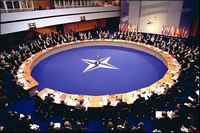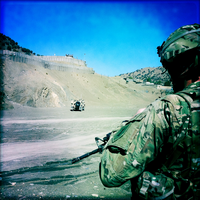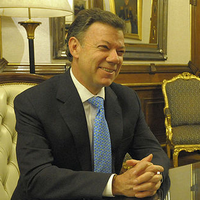
The ebb and flow of the Libyan civil war has led most American and European commentators to draw two conclusions. First, the conflict will end with a negotiated settlement. Second, international peacekeepers may be required to make any deal work. The case for a negotiated settlement is based on the simple fact that a military solution to the crisis is unlikely: The rebels probably cannot win on the battlefield, and Col. Moammar Gadhafi cannot be allowed to do so. A stalemate is also unappealing, not least because it would require the U.S. and Europeans to continue policing Libya’s airspace, at […]




